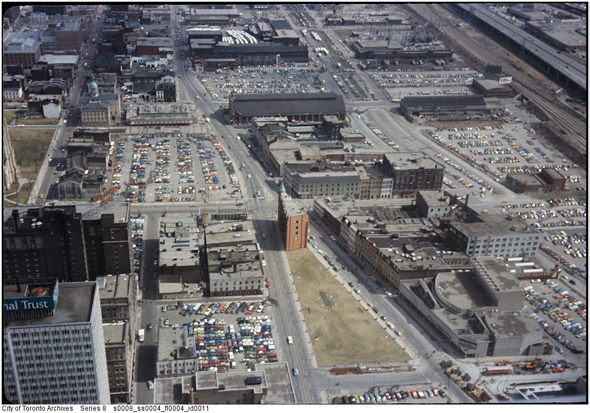Wow, so short sighted. Ok, well, I do hope that one day your home or your community doesn't become too expensive for you to live in. It'd be a shame to see the place you love and community you and maybe even generations of your family have helped create torn apart because of some real estate investments by people who may not even be from your city, country or hemisphere. And by the way, poverty isn't a term that describes people who are unskilled and/or lazy and unwilling to work people. We have a massive problem with regards to poverty amongst educated youth, laid off workers, retired seniors, people with illnesses, etc. Nevermind the fact that your economic situation is often rooted in the economic situation you were raised in. So this idea that people bring upon their povery themselves is bullshit, naive and rather ignorant.
Furthermore, have you heard of the term "sense of place"? It's the idea that there is something intrinsic in a community that provides you with the idea that you're somewhere distinct. By your post, it sounds like you'd rather have cheaper french fries than a sense of place. That is exactly the mindset that ruins a city or a community. In Toronto, it means my street looks like your street which looks like his street which looks like her street. But hey, we can all get the same Decaf, Triple Venti, 2 Pump Pumpkin, 2 Pump Gingerbread, 1 Pump Tazo Chai, 1 Pump Mocha, Nonfat, No Whip, No Foam, Extra Hot, 2 Sweetner, Latte, so that's pretty awesome I guess. Go outside Toronto and you just have to check out the many boarded up downtowns in North American towns and cities to see how corporations kills places first hand. I have no problem with (some) coporations, but if you re-read my post above, there is something inherent about their existance and their ability to suck the life out of a community that troubles me. In fact, there's a great Metric lyric that sums this up quite perfectly: "Tits out, pants down, overnight to London. Touchdown, look around, everyone's the same. World wide, air tight, no one's got a face left to blame."
And it amazes me that you'd bring up the word "progress". Do you know what else happens in the name of "progress"? This:
. and this:
http://www.blogto.com/toronto/lists/the_top_10_buildings_lost_to_demolition_in_toronto/
Anyways, that isn't to say all forms of gentrification are bad, but the "good reasons" you're describing miss the mark completely.





